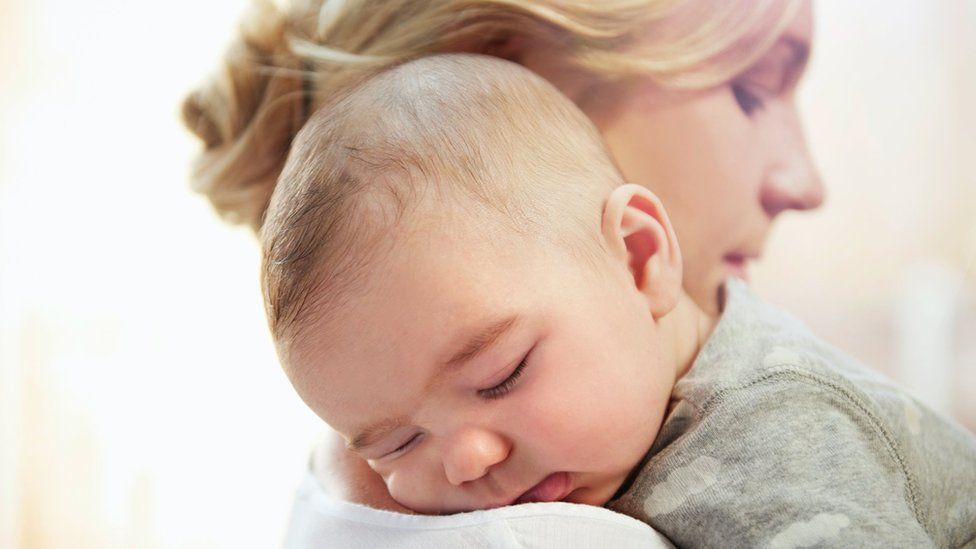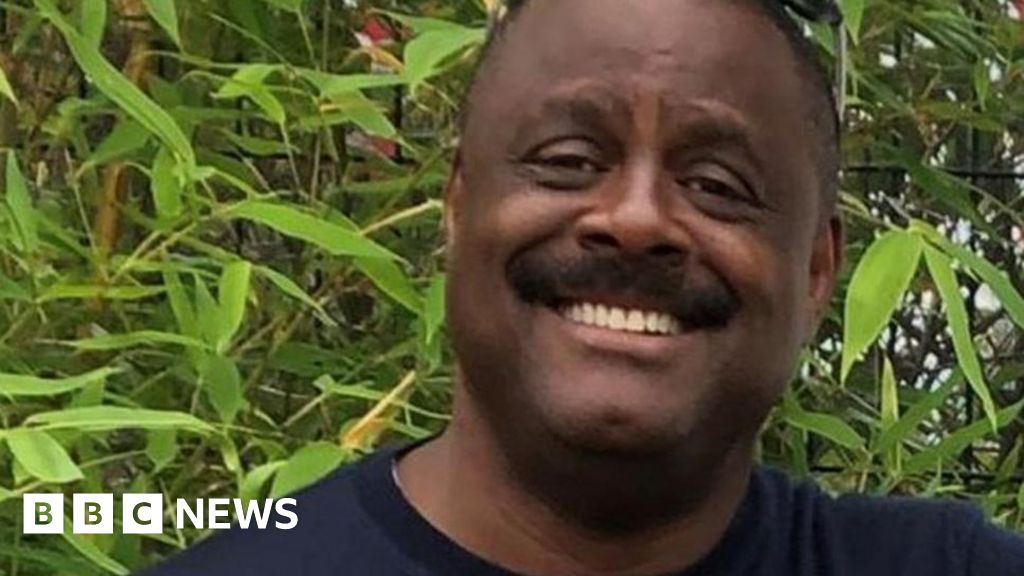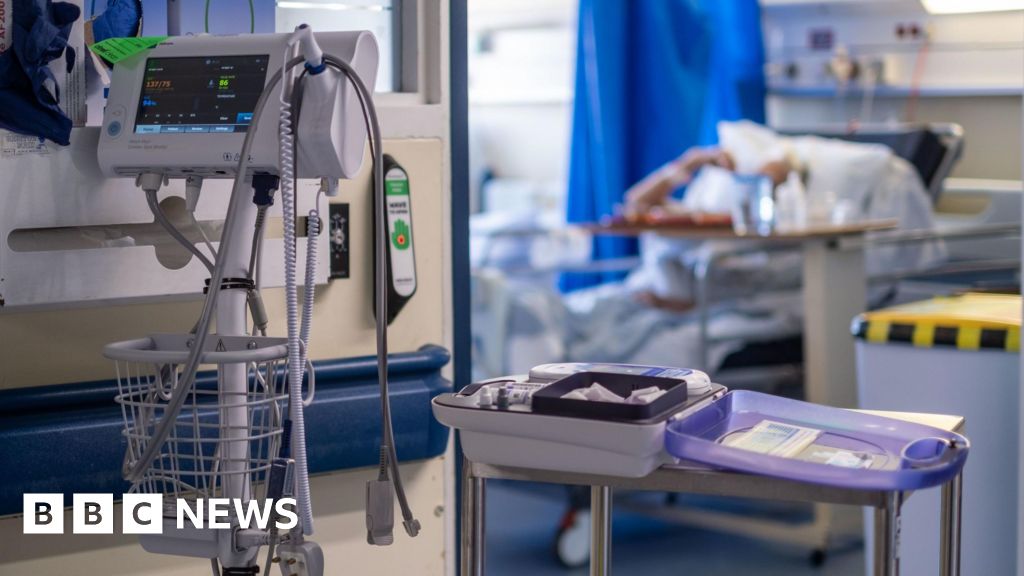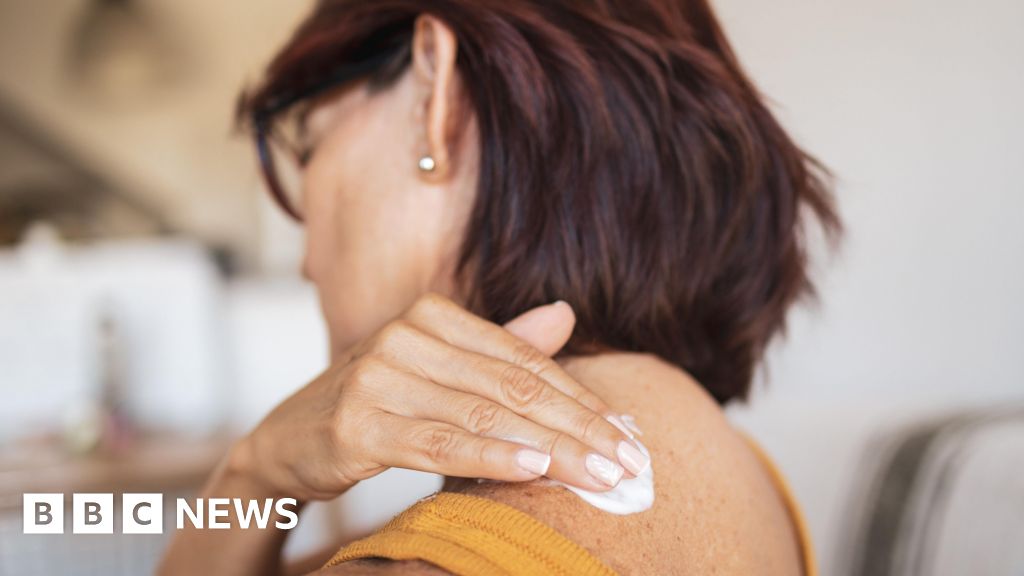ARTICLE AD BOX
 Image source, Getty Images
Image source, Getty Images
By Kate Lamble and Hannah Barnes
BBC Newsnight
Pregnant women and new mums are missing out on vital mental health services, while the NHS is not on track to meet key targets, a new report reveals.
The Maternal Mental Health Alliance found a wide disparity in care for new and expectant mums across the country.
Luciana Berger, chair of the charity, said progress was at risk of stalling, with money not always being spent.
The Department for Health and Social Care said it was increasing investment and improving care.
Almost one in five women experience a mental health condition during pregnancy or the first year of their child's life, according to experts.
In 2016, the UK government pledged a revolution in mental health services, including almost £300m to provide specialist care for expectant or new mothers in England.
But new figures from the MMHA, shared with BBC Newsnight, reveal that large gaps in care remain.
And while there is some form of specialist provision across most of the UK and there has been increased investment everywhere, there is a significant disparity between nations.
Mother and baby units
According to the report, Northern Ireland fares worst. Two of its five health and social care boards have no specialist multi-disciplinary team to help mums dealing with perinatal mental health difficulties. There is also no mother and baby unit for mums who need inpatient mental health care after birth.
In Wales, none of the health boards met UK-wide quality standards devised by the Royal College of Psychiatrists for what services should deliver for pregnant women and those who have just given birth.
In Scotland, only 14% of health boards met these standards.
And in England - the nation with the most comprehensive care - the NHS does not appear to be on track to meet the goals it set for this year. Only around half of trusts are so far providing care from pre-conception to two years after birth, or offering partners support.
'I didn't want to be in the same room as my daughter'
When Eleanor was pregnant with her first child, she made sure she discussed her previous experience of depression with her doctor.
But around a fortnight after her daughter was born, Eleanor began to have intrusive thoughts - these could be "violent thoughts of purposefully harming" her baby.
"My mood started to change and I started to feel quite low," Eleanor told Newsnight. "I was sleeping a lot and in hindsight, it wasn't just to catch up on sleep, it was to avoid the feelings I was feeling - and I didn't want to be in the same room as my daughter."
Standing at the top of a hill with her daughter in a pushchair, she thought about letting go. "I wasn't convinced I wasn't going to do it," she says now. Eleanor started asking others to push her daughter instead and sought help from a mental health midwife.
But the consequences of not getting support can be fatal.
While the numbers of women who take their own lives when they are pregnant or in the first year after giving birth are small - the risk of the worst outcome appears to be rising.
In 2020, ten women took their own lives while pregnant or shortly after giving birth - the same number of women as the previous three years combined.
Experts say the trend is statistically significant. Indeed, researchers were so worried that they brought forward the most recent audit of maternal deaths to report it.
"We're at this time seeing an increase in the number of women taking their lives during the pregnancy periods and shortly after birth," Ms Berger added. "This really is a matter of life or death."
The issue does not appear to be a lack of funding, with all nations setting aside more money for this area of health care. Rather, that money is not always being spent.
Figures from the MMHA show that almost three quarters of mental health trusts in England forecast an underspend for 2022. Across the UK, more than £15m allocated to improve maternal mental health in 2022 was not spent.
The problem mentioned most often is recruitment - either teams are not given enough certainty in the funding to hire, or staff are just not available.
Invaluable help
A spokesperson for Northern Ireland's Department of Health said its five trusts had appointed staff to community perinatal mental health teams, and all were accepting referrals. Work is under way to identify a location for a mother and baby unit, it added.
A Welsh government spokesperson said it had invested in specialist perinatal mental health services and there were dedicated teams within every health board in Wales.
A spokesperson for the Scottish government said staffing across perinatal mental health services had increased significantly and that it was committed to improving services.
Eleanor says she now has a "brilliant" relationship with her daughter. She still struggles at times with elements of her postnatal depression, but says the help she received has been invaluable. Getting that help quickly is vital too, she says.
"Because it's not just about the patient who is struggling - it's about the vulnerable human being that they've just brought into the world."

 2 years ago
113
2 years ago
113








 English (US) ·
English (US) ·